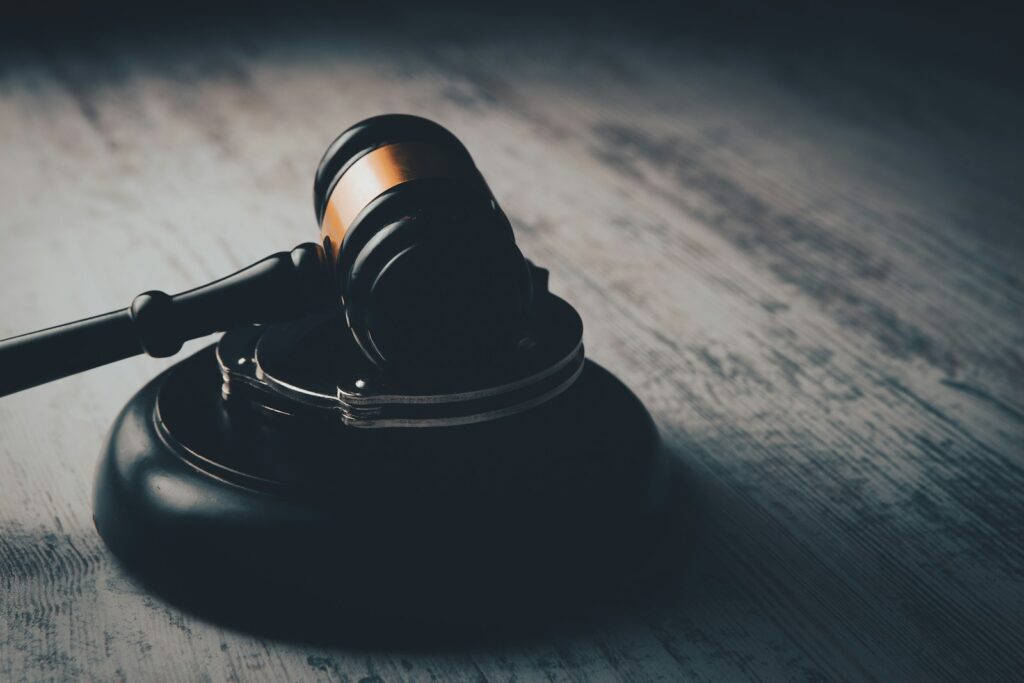
A massive defamation lawsuit brought by Dominion Voting Systems against Fox News concluded with a $787.5 million settlement in April 2023, just as the case was about to go to trial. Dominion had initially filed the suit in March 2021, seeking $1.6 billion in damages. The voting technology company alleged that Fox News knowingly promoted false claims that the 2020 presidential election had been stolen and that Dominion’s systems were used to manipulate the outcome against then-President Donald Trump.
In the lead-up to the trial, Fox News underwent a marked shift in legal strategy. As the trial date approached, the network’s top executives began to recognize that their defense was faltering. This growing concern was compounded by extensive pretrial discovery, which included depositions and internal communications that exposed significant weaknesses in their legal position.
Central to the case were the testimonies and internal messages uncovered during discovery. These materials offered a rare and revealing look at the network’s internal deliberations and decision-making processes in the aftermath of the 2020 election. Although the settlement prevented these findings from being presented in open court, many of the details emerged through court filings.
One of the most closely watched aspects of the case was the possibility that Rupert Murdoch, then 92 years old and serving as chairman of Fox Corp. and executive chairman of News Corp., might testify. Securing Murdoch’s deposition required significant legal maneuvering. Fox’s attorneys initially argued that he was not subject to deposition since the lawsuit targeted Fox News rather than its parent company, Fox Corp. In response, Dominion amended its complaint to include Fox Corp. as a defendant, which ultimately compelled Murdoch to testify under oath.
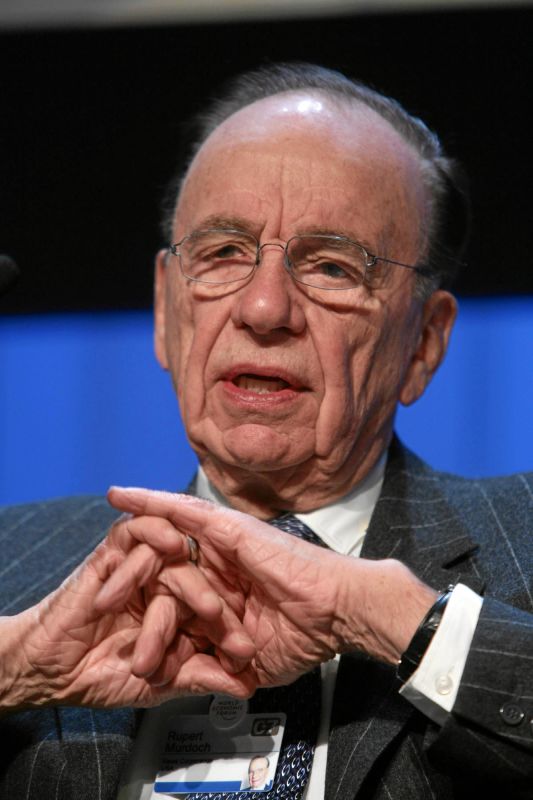
Rupert Murdoch chose to conduct his seven-hour deposition in person over the course of two days, a notable decision given that many other witnesses testified via Zoom. His appearance was considered critical not only because of his role as the founder and leader of Fox, but also because it offered a rare opportunity to examine the perspective of a figure known for avoiding public statements and interviews.
During the deposition, after what observers described as the standard evasions typical in corporate litigation, Dominion’s legal team reportedly uncovered significant evidence in the final minutes. They presented Murdoch with a 17-page report that he had personally commissioned from Fox’s public relations department. The document was intended to evaluate whether Fox News on-air personalities had endorsed false claims against Dominion.
According to media reporter Brian Stelter, who details the case in his book Network of Lies, the contents of the report were both damaging and revealing for Murdoch. Stelter writes that the transcripts demonstrated how Fox hosts repeatedly approached the threshold of encouraging viewers to travel to Washington, D.C., on January 6.
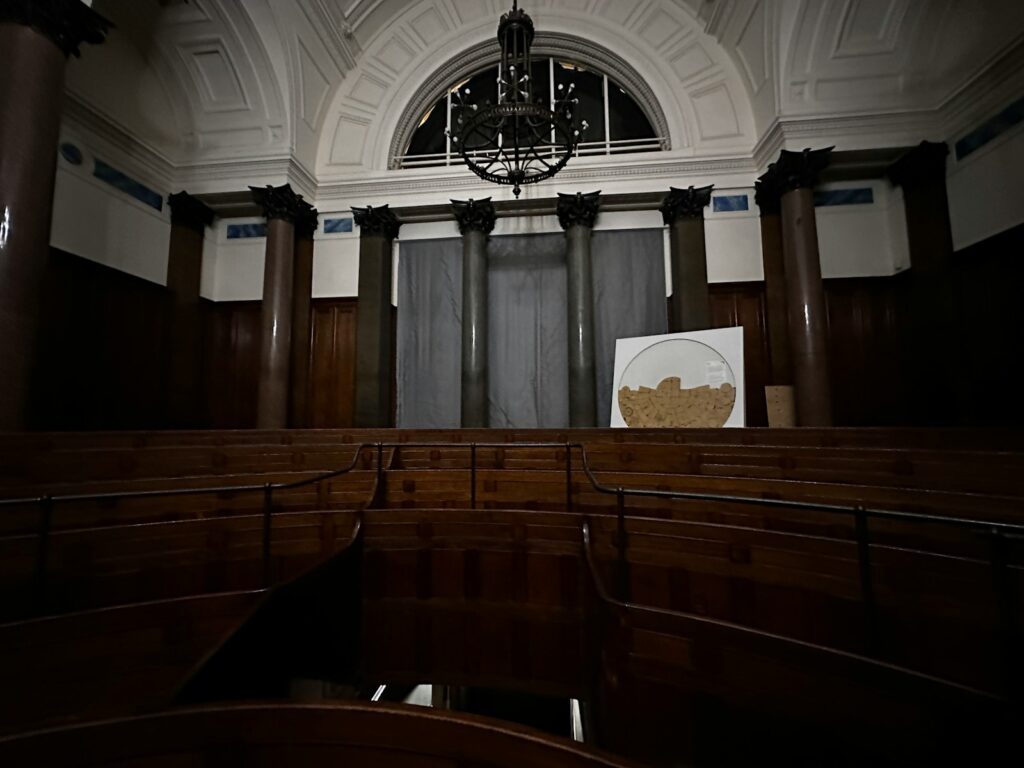
When questioned about the report under oath, Rupert Murdoch was compelled to acknowledge that Fox’s commentators had, in fact, promoted the narrative that the 2020 election was stolen. According to Brian Stelter, this marked a moment of realization for Murdoch regarding the extent of Fox’s involvement and its potential liability. Stelter noted that “Rupert has all these BS defenses that fall apart when he’s under oath,” highlighting the weakness of Murdoch’s earlier claims when subjected to legal scrutiny.
The significance of Murdoch’s admission was immediately clear to both Dominion’s legal team and Murdoch himself. The only individual who appeared unaware of the gravity of the moment, according to Stelter, was Fox’s chief legal officer, Viet Dinh. Dinh reportedly told Murdoch, “They didn’t lay a finger on you.” In response, Murdoch gestured toward Dominion’s lawyer and said, “He would disagree with you,” to which the lawyer replied, “Indeed I do.”
Stelter further suggested that Murdoch’s personal life may have been a distraction in the period leading up to the trial. In March, just a month before the proceedings were scheduled to begin, Murdoch proposed to his then-girlfriend, Ann Lesley Smith. By April, the engagement had been called off. Stelter speculated that Murdoch “may well have been heartbroken during the very days that this case was steaming toward trial,” which may have affected his focus and engagement with the seriousness of the lawsuit.

The internal communications subpoenaed by Dominion provided deeper insight into the private views of prominent Fox News personalities, often in stark contrast to their public statements. These materials included text messages and emails from figures such as Tucker Carlson, Laura Ingraham, and Sean Hannity. The messages, primarily sent in the weeks following the 2020 election, addressed topics including Donald Trump, network management, and the claims of election fraud.
Tucker Carlson’s communications, in particular, revealed a striking disconnect between his private opinions and his public commentary. In a text message to a producer dated November 5, Carlson wrote about Trump, stating, “What he’s good at is destroying things.” He continued, “He could easily destroy us if we play it wrong.” Just days before the January 6 Capitol riot, Carlson texted a producer, “I hate him passionately.”
Reflecting privately on Trump’s presidency, Carlson remarked, “We’re all pretending we’ve got a lot to show for it, because admitting what a disaster it’s been is too tough to digest. But come on. There really isn’t an upside to Trump.” These statements revealed a level of personal disdain that was not apparent in his public appearances.
Carlson also expressed deep concern about the network’s audience reaction after Fox News projected Arizona for Joe Biden on election night. In a text exchange with Fox News CEO Suzanne Scott on November 4, Carlson warned that the network was “getting hammered.” Scott replied that Fox needed to “let the data folks defend their decision.”
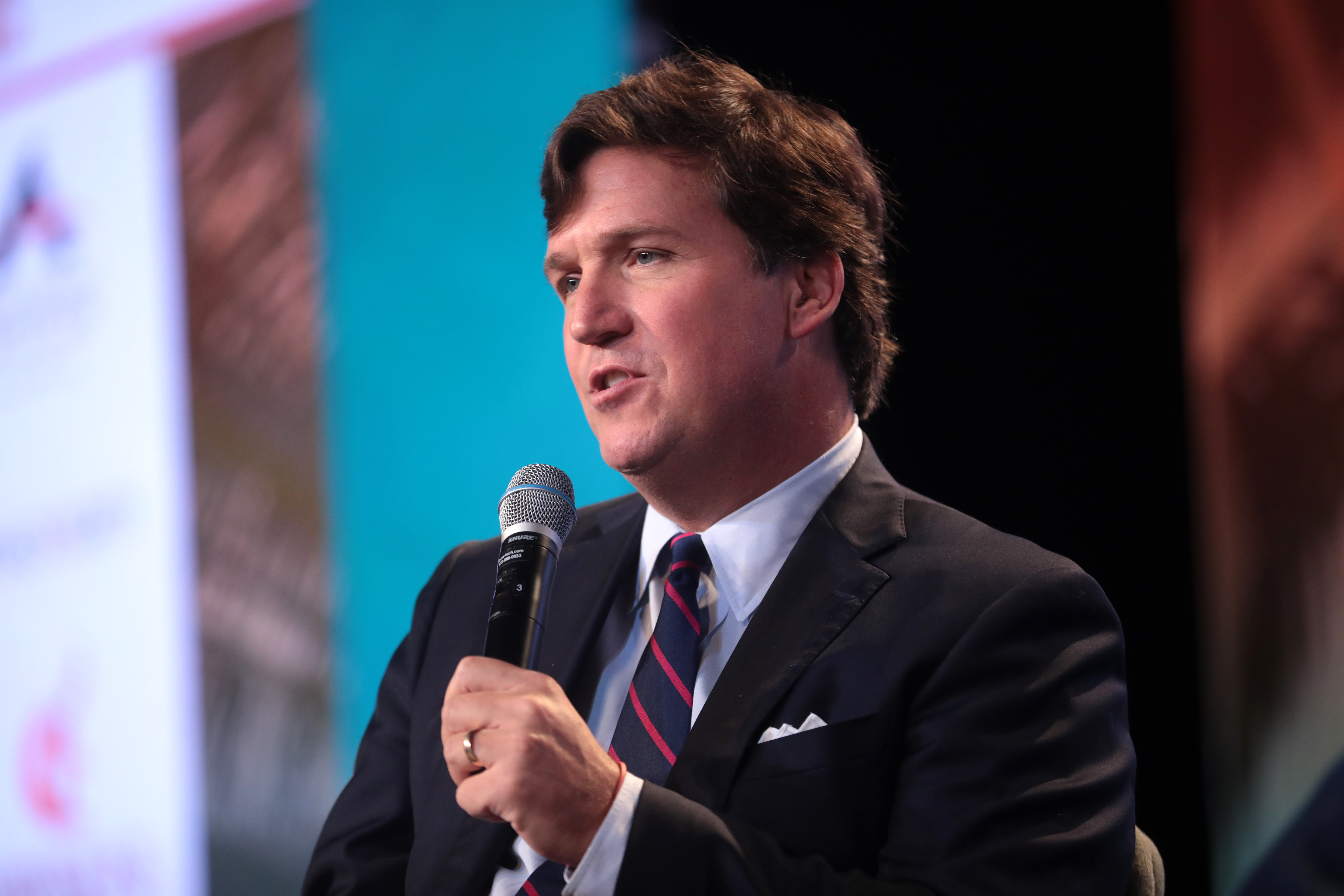
Carlson responded with a text message stating, “If I can help in any way, I hope you’ll let me know.” He later wrote to Bret Baier, “I continue to think the company isn’t taking this seriously enough. We need to do something to reassure our core audience. They are the foundation of our entire business model.” He proposed interviewing Arnon Mishkin, Director of the Fox News Decision Desk, on his program in an effort to “help calm our viewers down.”
In a separate message to Baier, Carlson warned, “We could really damage much of what we’ve built,” and added, “When Trump loses, he’s going to blame us. That is going to be very bad.” Reflecting on his own position, he wrote, “I’ve got four more years here. I’m stuck with Fox. I have to do whatever I can to keep our ratings strong and our viewers satisfied.”
Approximately two weeks after the election, in a group conversation with Laura Ingraham and Sean Hannity, Carlson expressed frustration, stating, “We devote our lives to building an audience, and they let Chris Wallace and Leland Vittert ruin it.” Vittert, a Fox News reporter who was frequently criticized by Trump, later departed from the network.
Regarding the election denialism that circulated after the election, Carlson privately acknowledged the recklessness of those promoting fraud claims. On November 5, in response to his producer who wrote, “I really think many on ‘our side’ are being reckless demagogues right now,” Carlson replied, “Of course they are. We’re not going to follow them. The sun will rise tomorrow and we want to wake up intact. I always think that.”
However, on November 4, Carlson texted a colleague that “no doubt there was fraud” in the election. He immediately added, “But at this point, Trump, Lin, and Powell have so discredited their own case, and to some extent the rest of us, that it is infuriating. It absolutely enrages me.” He was referring to Trump’s lawyers Sidney Powell and Lin Wood.
Carlson reserved particular criticism for Sidney Powell. In a message dated November 9, referring to Powell’s claims about Dominion, he described “the software allegations” as “absurd.” Around November 16, Carlson texted a producer that “Sidney Powell is lying” He also referred to Powell as an “unguided missile,” “dangerous as hell,” and a “crazy person.”

On November 18, Carlson texted Laura Ingraham, stating, “Sidney Powell is lying, by the way. I caught her. It’s insane.” According to The Daily Beast, during a conversation with Fox News anchor Bret Baier on November 20, Carlson referred to Powell using a highly offensive term and emphasized, “I mean it.” This comment reportedly followed Powell dismissing Carlson as “rude” after he demanded evidence during an appearance on another program.
Carlson continued his private denunciations of Powell, calling her a “nutcase” on November 21. The following day, he repeated the offensive term to an unnamed Fox News staff member and added, “I hope he’s punished.” On November 22, he told Ingraham that Powell was “a nut, as you said at the outset. It totally wrecked my weekend. Wow… I had to try to make the White House disavow her, which they obviously should have done much earlier.” Email exchanges from the same day also confirmed Carlson’s role in Powell’s dismissal from Trump’s legal team. He wrote to Daily Caller co-founder Neil Patel, “I’ve got a high tolerance for crazy, as you know, but she was too much.” According to The Wall Street Journal, Carlson also reportedly called an unnamed Fox News executive the same offensive term.
Another disturbing message revealed was a racist text Carlson sent hours after the Capitol riot on January 6, 2021, describing street fighting between Trump supporters and anti-fascists. He wrote about watching a video showing Trump supporters attacking an “Antifa kid,” stating, “It was three against one, at least. Jumping a guy like that is dishonorable, obviously. It’s not how white men fight. Yet suddenly I found myself rooting for the mob against the man, hoping they’d hit him harder, kill him. I really wanted them to hurt the kid. I could taste it.”
He went on to reflect, “Then somewhere deep in my brain, an alarm went off: this isn’t good for me. I’m becoming something I don’t want to be. The Antifa creep is a human being. Much as I despise what he says and does, much as I’m sure I’d hate him personally if I knew him, I shouldn’t gloat over his suffering. I should be bothered by it. I should remember that somewhere somebody probably loves this kid and would be crushed if he was killed. If I don’t care about those things, if I reduce people to their politics, how am I better than he is?”
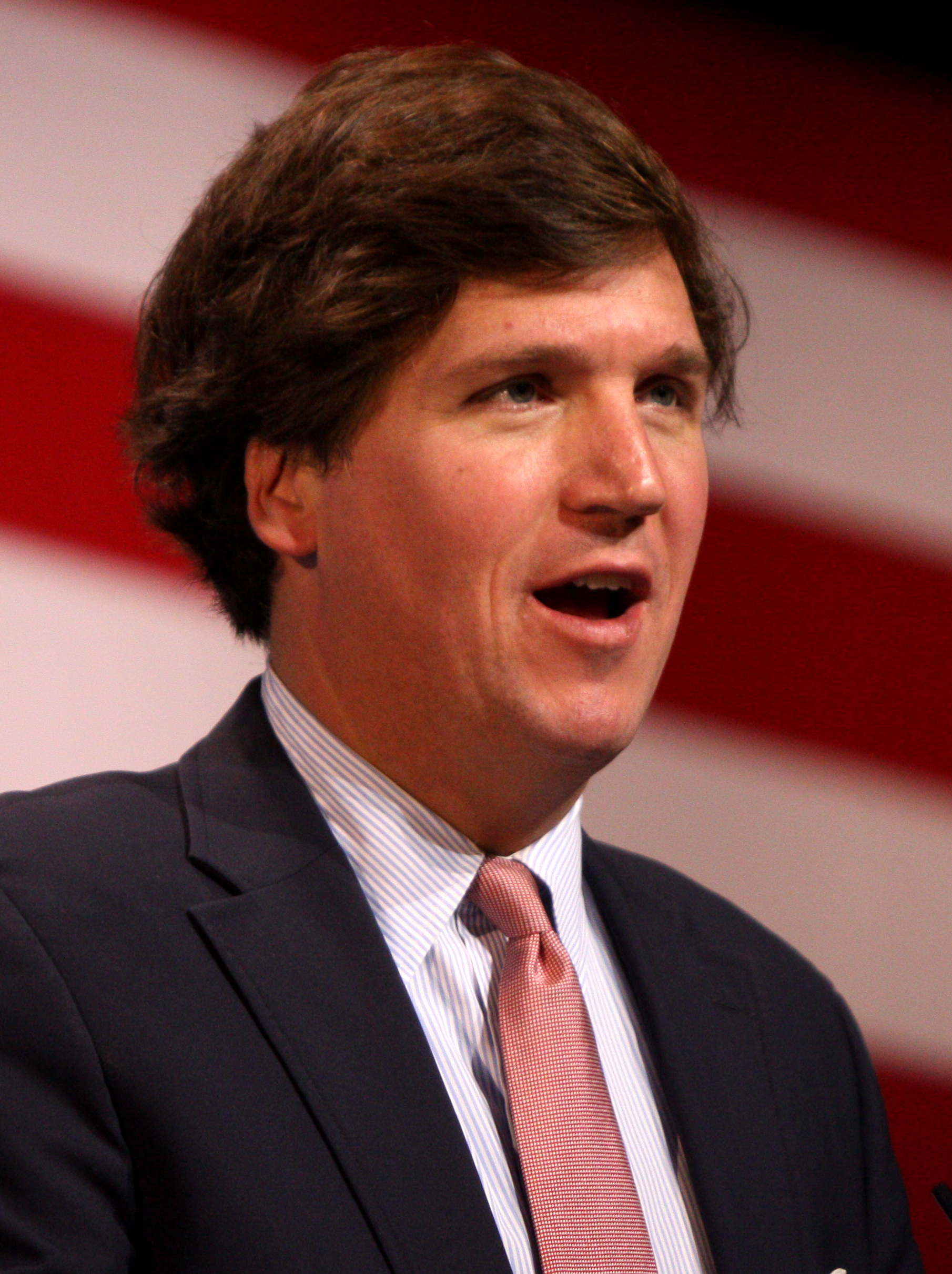
Two days before the riot, Carlson wrote to a colleague, “We are very, very close to being able to ignore Trump most nights. I truly can’t wait.” The following day, he texted his producer, describing Trump as “a demonic force, a destroyer. But he’s not going to destroy us.” On November 10, Carlson texted a producer regarding Trump’s decision to skip Biden’s inauguration, calling it “hard to believe,” and adding, “So destructive… It’s disgusting. I’m trying to look away.”
The settlement agreement was reached swiftly on April 18, 2023, the very day the trial was set to begin. Just two days earlier, Rupert and Lachlan Murdoch agreed to exceed Fox’s previously stated settlement limit of $550 million. This decision, made at the highest levels of the company, signaled that a settlement was imminent, effectively avoiding a trial and, importantly, preventing Rupert Murdoch from having to testify publicly.
Brian Stelter argues in Network of Lies that the settlement was largely driven by Lachlan Murdoch, acting as CEO of Fox Corp. from a fiduciary responsibility to do what he believed was best for the company. The realization that the legal strategy was failing, combined with Rupert Murdoch’s damaging deposition and the judge’s anger over Fox’s initial concealment of Murdoch’s true role as executive chairman of Fox News, were key factors that prompted Rupert and Lachlan to settle.
According to Stelter, Fox’s chief legal officer, Viet Dinh, was widely blamed for underestimating Dominion and mishandling the legal response. Even as the trial approached and both Rupert and Lachlan appeared resigned to losing in court, Dinh continued advising that they would prevail on appeal. The judge’s documented frustration upon learning of Murdoch’s actual position within Fox News suggested that had this information been disclosed earlier, it would likely have led to different rulings and greater access to Murdoch’s documents.

Stelter concludes that Fox’s lawyers were likely “desperately trying to shield Rupert from further questioning because they knew that could be damaging to their case.” Viet Dinh’s tenure at Fox ended on a Friday in August with a $23 million severance package. Stelter expressed puzzlement over Fox’s clear misjudgment of its legal position, initially attributing it to hubris. He suggested that the network may have been unable to see the case from Dominion’s perspective and therefore overestimated its own strength.
Legal scholars offered diverse views on the meaning and implications of the settlement. Samantha Barbas, a law professor at the University at Buffalo School of Law, stated that Fox settled because it recognized a “very strong chance” that Dominion could meet the constitutional standard of actual malice—that is, proving intentional falsehood or reckless disregard for the truth. Barbas noted that the evidence showed Fox made false statements after hosts and executives knew they were untrue, calling it a “textbook example of actual malice.”
Barbas believes the outcome demonstrates that libel law remains effective in the United States and that the New York Times v. Sullivan standard strikes a “wise balance between protecting free speech and protecting reputation.” She added that the $787 million settlement indicates Fox acknowledged wrongdoing and the likelihood of losing the case. Moreover, the proceedings and settlement discredited Fox and its election coverage.
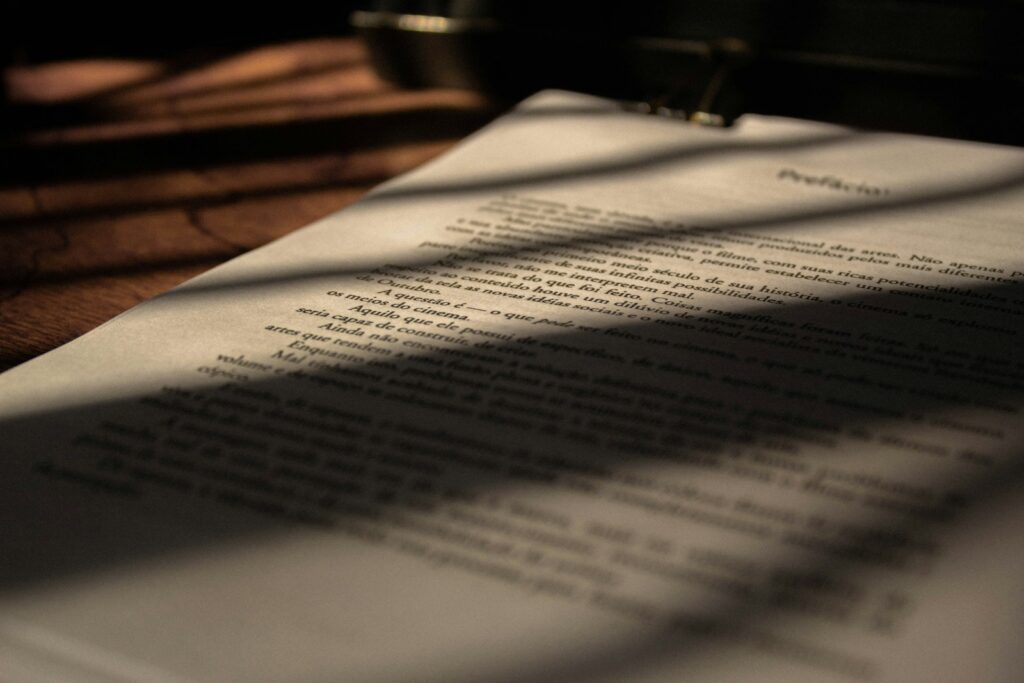
First Amendment lawyer Martin Garbus identified the internal statements as the most damaging to Fox’s defense, particularly highlighting quotations from figures like Rudy Giuliani and Sidney Powell, whom Fox personnel privately described as unreliable or liars. Garbus suggested that the lawsuit and settlement’s enduring impact might encourage networks and newscasters to adopt internal guidelines aimed at preventing the creation of such damaging documents.
Law professor Lyrissa Lidsky shared the view that the settlement amount reflected Fox’s concern about potentially “even more massive damages” from a jury verdict. She noted that the judge had already ruled that Fox’s statements regarding Dominion’s machines were false and defamatory, limiting the trial’s focus to whether key individuals knowingly or recklessly disregarded the falsity. Lidsky added that the settlement allowed Fox to avoid trial disruptions and further harm to its reputation as a journalistic entity.
First Amendment scholar Timothy Zick described the settlement as one of the largest defamation settlements in U.S. history and a form of accountability. However, Zick cautioned against overstating its significance, emphasizing that civil lawsuits cannot address the broader problem of misinformation about election systems. He explained that such cases ultimately concern damage to company reputations rather than “saving democracy.”
Zick observed that Fox did not issue an on-air apology as part of the settlement, and its post-settlement statement only acknowledged the judge’s finding that certain claims were false. This, according to Zick, raises questions about whether Fox will genuinely alter its reporting practices. He noted that even after lawsuits from both Dominion and Smartmatic, Fox continued to report on unsubstantiated “election fraud,” albeit without explicitly naming the companies. Zick suggested the lesson Fox may have learned is that large settlements are simply the “cost of doing business” when the goal is to retain viewers.

Sandra Baron, a Visiting Clinical Lecturer in Law at Yale Law School, described “actual malice” as a complex concept centered on subjective intent. She noted that the evidence in the Fox case was “remarkable” and “virtually unheard of,” revealing that employees across all levels, from executives to on-air talent, privately admitted they did not believe what was being broadcast. Baron does not expect the litigation to substantially alter the legal standards surrounding “actual malice,” but she believes the case serves as a caution regarding the lasting nature of written communications such as emails and texts.
While expressing hope that the case might have a lasting effect on public perceptions of journalists and journalism, Baron remained skeptical. She suggested that in today’s polarized society, people’s entrenched views about media outlets tend to persist, and the litigation likely reinforced existing biases rather than changing opinions. She noted that Fox’s ratings reportedly remained strong even after these revelations.
Fox News faces another significant defamation lawsuit from Smartmatic, another voting technology company. In February 2021, Smartmatic sued the network, three hosts, and two guests, seeking $2.7 billion in damages. Experts offered varied perspectives on the potential outcome and likelihood of this case compared to the Dominion lawsuit.
Lyrissa Lidsky believes the large settlement in the Dominion case should encourage Smartmatic and its legal team, as it highlights Fox’s vulnerabilities regarding actual malice and damages. However, she emphasized that each case is decided on its individual merits. The critical issue for Smartmatic is proving Fox’s knowledge or reckless disregard of the falsity concerning statements about Smartmatic, not Dominion. Lidsky also noted that Smartmatic filed its lawsuit in New York state court rather than Delaware and is seeking substantially higher damages.
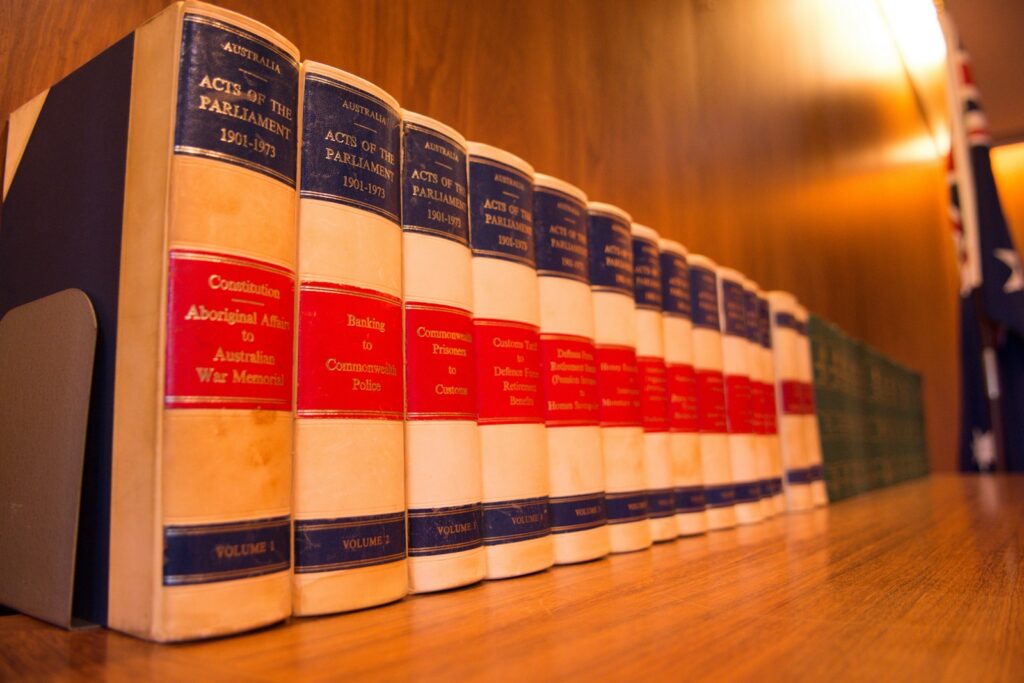
Zick considers it likely that the Smartmatic lawsuit will also settle before reaching trial. He reiterated that Smartmatic is probably encouraged by the Dominion outcome and possesses compelling evidence that Fox knowingly published falsehoods about the company. A crucial factor mentioned by Zick is a New York appeals court ruling that Smartmatic is not a “limited purpose public figure,” which means the company will not have to meet the stringent “actual malice” standard to prevail. This potentially makes Smartmatic’s case easier to prove than Dominion’s.
Despite these factors, Zick pointed out that jury trials carry inherent risks for both parties. Fox may still choose to settle to avoid public scrutiny and testimony from figures such as Rupert Murdoch, while Smartmatic may have concerns about Fox’s defense strategy or the challenge of proving $2.7 billion in damages. Zick concluded that settlement is a common outcome in defamation cases, and Fox has a history of resolving such lawsuits through settlement.
Beyond the immediate legal and financial consequences, the case has sparked broader discussions about the nature of journalism and media influence. John C. Watson, an associate professor of journalism at American University, noted that the Dominion case exposed a reality in American journalism: the absence of standardized qualifications means “Anyone can claim to be a journalist, irrespective of their actual function. Any business can claim to be a news organization.” Watson argued that irresponsible conduct in either role is largely protected by the First Amendment, which implies that “Neither journalists nor the news organizations they personify have to be truthful unless they want to.”
Jane E. Kirtley, a professor of media ethics and law at the University of Minnesota, offered the perspective that the settlement was a “win for all media.” She argued that if the Dominion case had proceeded to a jury trial, the inevitable appeals process could have given the Supreme Court an opportunity to reconsider and potentially overturn the New York Times v. Sullivan standard, which protects all news media. Kirtley noted that “At least two justices, Clarence Thomas and Neil Gorsuch, have indicated their eagerness to do just that.”

Michael J. Socolow, professor of communication and journalism at the University of Maine, argues that the evidence portraying Fox News and Rupert Murdoch as dominant political forces is largely circumstantial. He highlights that neither Murdoch nor former Fox News founder Roger Ailes supported Donald Trump in 2016, yet they were unable to prevent Republicans from voting for him. Additionally, Fox did not succeed in stopping Barack Obama’s elections or the Democratic surge in 2018. According to Socolow, Fox’s true influence stems less from direct political persuasion and more from the media’s own fixation on depicting the network as uniquely powerful.
The Dominion lawsuit revealed extensive details, especially the sharp contrast between private communications and public broadcasts. Along with the substantial financial settlement, these disclosures underscore the formidable challenges media organizations face in highly polarized environments. The case offers a rare insight into the internal pressures within a major news network and the potential legal and reputational consequences when private doubts diverge from public assertions. Although some experts question the lasting impact on journalistic standards or public opinion, the lawsuit serves as a significant moment in the evolving relationship between media accountability and political influence.



